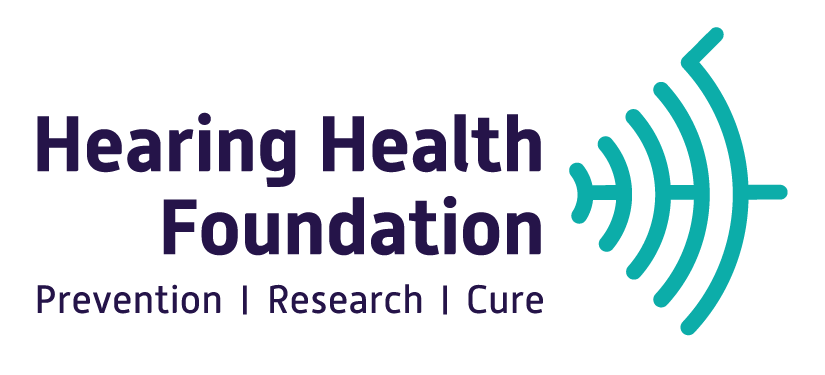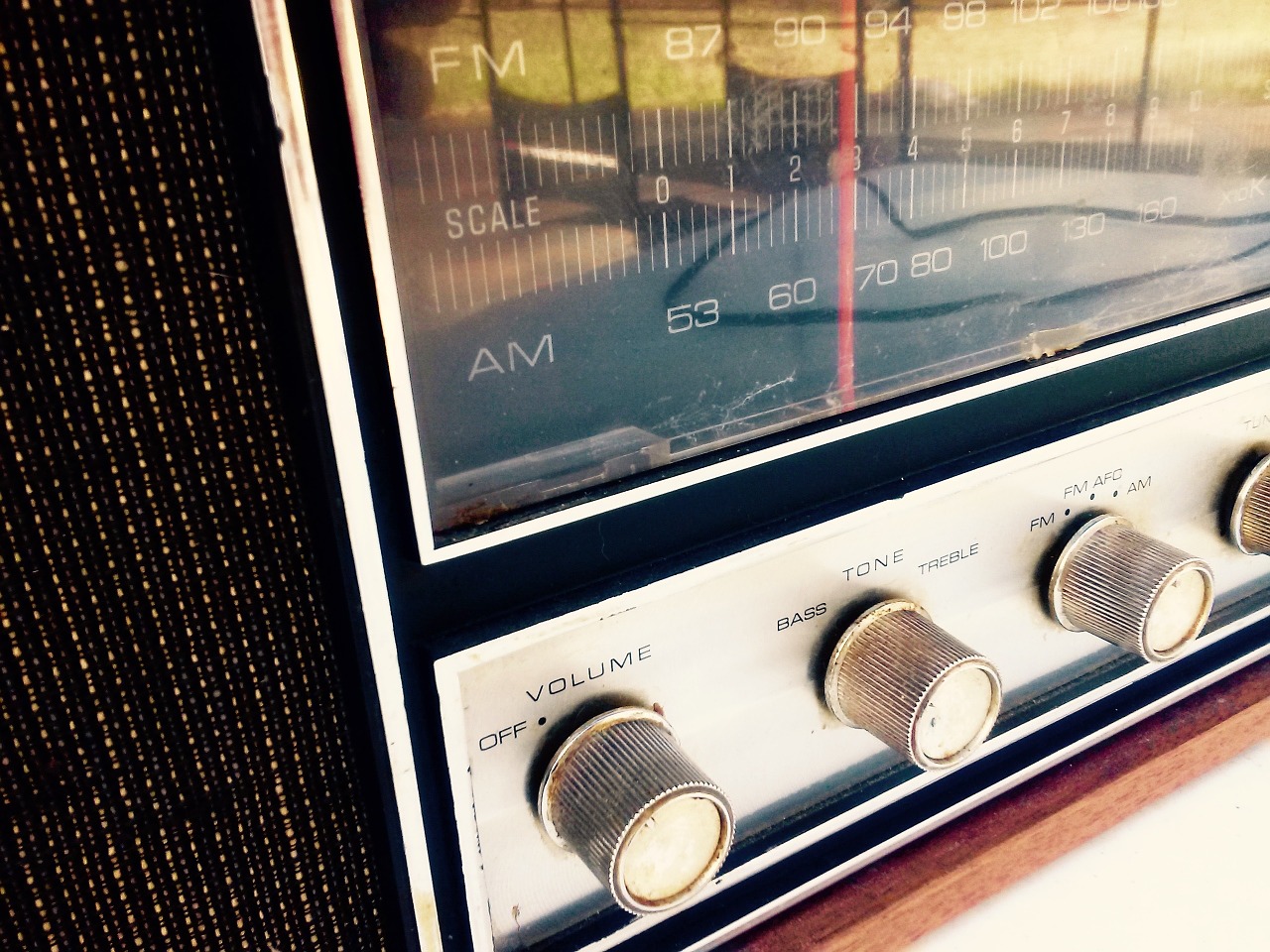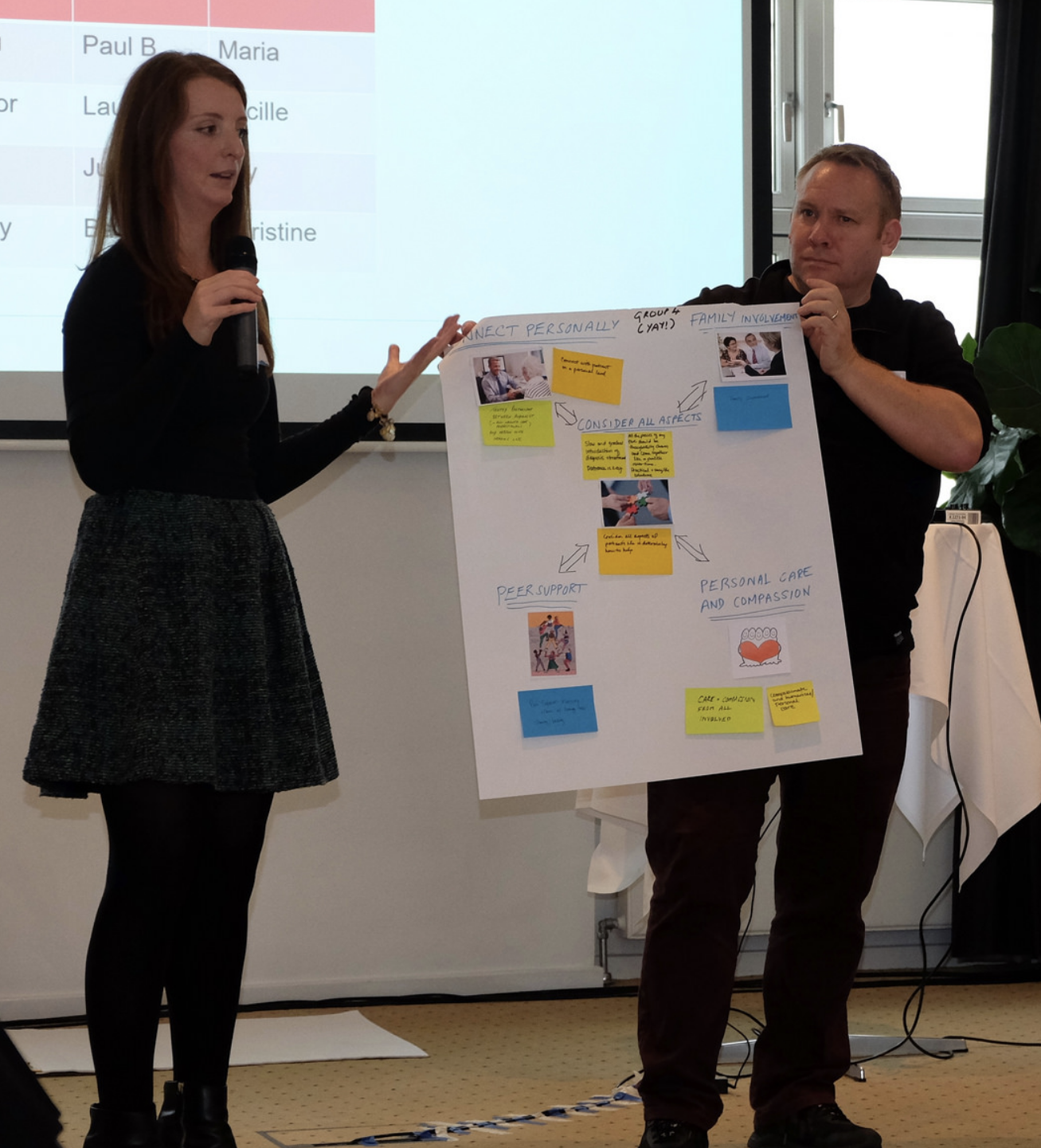In addition to being disproportionately affected by hearing loss and tinnitus, our soldiers and veterans are also more susceptible to developing central auditory processing disorders (CAPD). CAPD occurs when one can hear sounds but is unable to understand the words. It is sometimes caused by intense exposure to sudden and loud noises from improvised explosive devices (IEDs), ammunition and engine noise.
"Both post-blast trauma and CAPD are difficult, diffuse disorders where more work is needed, particularly on people working in extreme conditions, acoustic and otherwise, such as veterans." —Edward Bartlett, Ph.D., Associate Professor, Biological Sciences and Biomedical Engineering Purdue University
Blasts can result in temporary hearing loss and put military personnel at risk. However, the word “temporary” should be approached with caution: Repeated short-term hearing loss can damage the sensitive hair cells in the inner ear, leading to permanent hearing loss.
Hearing loss and tinnitus as a result of noise is largely preventable. There’s a misconception that not using hearing protection would inhibit vital communication and mission readiness. With today’s increasingly sophisticated technology, soldiers no longer need to choose between protecting their ears or their lives. Wearing hearing protection such as noise-attenuating helmets, which use ear cups to protect against hazardous sound, or Tactical Communication and Protective Systems, which protect against loud noises while amplifying soft ones, can go a long way to reduce overall exposure, while ensuring vital communications.
Any form of hearing loss can be detrimental to soldiers on duty, as the ability to hear signs of danger and to communicate with fellow soldiers is crucial for mission success and survival. Off-duty, hearing loss and tinnitus can also impact one’s well-being.
Regardless of age, type of hearing loss, or cause, if left untreated or undetected hearing loss can lead to considerable, negative social, psychological, cognitive, and health effects. As a result, it can seriously impact professional and personal life, potentially leading to isolation and depression. Treating hearing loss can also decrease one’s risk of acquiring other serious medical conditions, such as cardiovascular disease, dementia, and diabetes.
Veterans who have acquired hearing loss and tinnitus, either as a result of war or through other causes, can seek treatment at their local Department of Veterans Affairs (VA) medical center. Through partnerships with local community providers, the VA offers comprehensive hearing health services including screening, evaluation, treatment, and/or management of hearing, tinnitus, and balance disorders.
While it may be daunting to take the initial step of having a hearing test, it is important to know there are many different treatment options available. Some forms of hearing loss, such as those that affect the middle ear, are treatable through surgery. Damage to the inner ear and auditory nerve can cause permanent hearing loss; however technologies such as hearing aids, assistive/alerting devices, TV and telephone amplifiers, and cochlear and other auditory implants can optimize residual hearing by amplifying sounds.
As for tinnitus treatments, many patients have seen improvements with counseling and sound therapy, cognitive behavioral therapy (CBT), and the use of white-noise machines. Be sure to discuss the cause of your hearing loss and tinnitus and various treatment options with your audiologist or ear, nose, and throat specialist (ENT).
“On this and every Veterans Day, HHF sincerely thanks our military and our veterans for their brave service and sacrifice. I would also encourage all members, past and present, to have their hearing tested and monitored by a hearing health professional on a regular basis.” —Nadine Dehgan, CEO, Hearing Health Foundation.
Please visit va.gov/directory/guide to find your local VA medical facility. Please also see our Fall 2017 issue of Hearing Health magazine, whose theme is Veterans & Seniors, available at hhf.org/magazine.
















